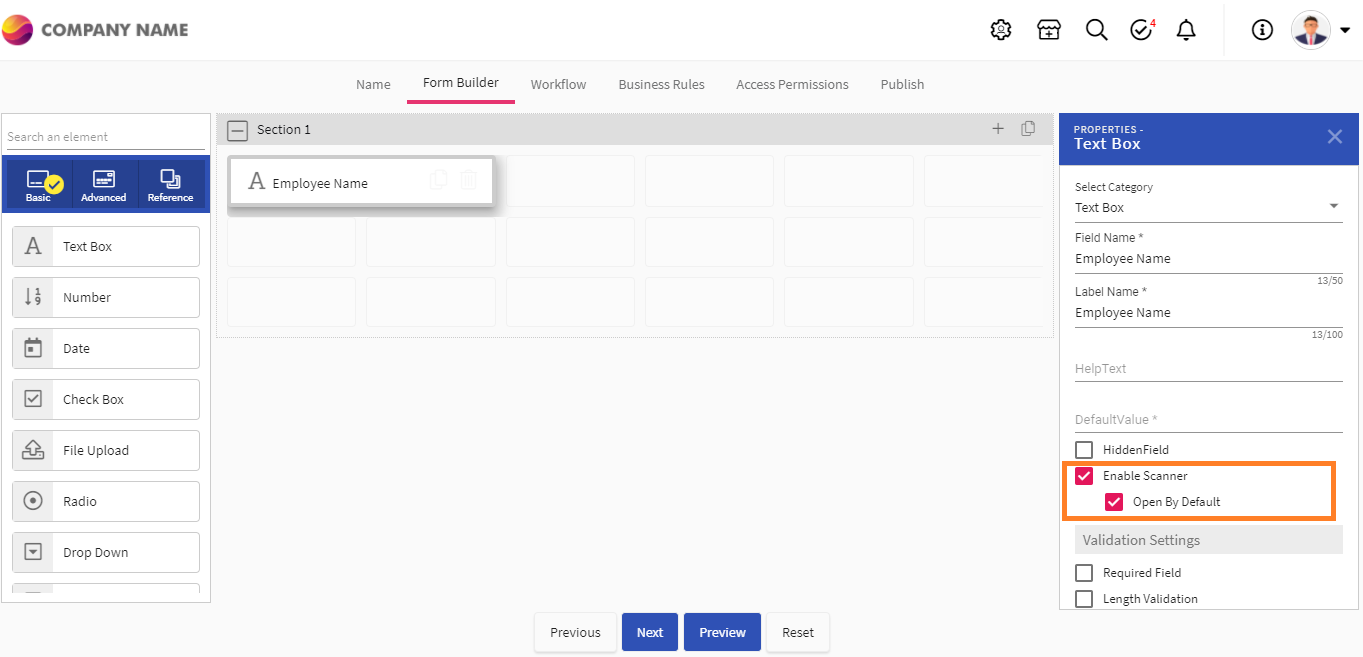
Quixy Editorial Team
August 10, 2023
Table of contents
While often overlooked, data capture is one of the most promising avenues through which a business can make strategic decisions and understand the nuances of its processes on a meaningful level. Data capture simply revolves around the collection of various types of information, formatting, analyzing, and storing it in a way that is beneficial to the various processes of an organization.
Traditional data capture was mostly done manually, using complex forms. The data hence gathered had a high chance of being riddled with mistakes and it is not quite useful or actionable either.
There are various industry use cases that involve scanning of barcode and QR codes, as scanning is a great way for data capture. A few examples of these are:
- Scanning inventory in the warehouse or any other location.
- Scanning previously issued visitor passes issued to allow or disallow the entry.
- Scanning and pull up information from documents like invoices, purchase orders, etc.
Quixy allows enterprises to build applications that can be used to collect data effectively.
Also Read: In-App Conversations: A New and Effective Way to Interact
Let’s take a look at how it works:
Easy QR Code and Barcode Scanning
Quixy provides 40+ drag-and-drop form controls to capture any information. The process works something like this:
Enable Scanner
To capture Barcode or QR Code information in the Form Builder, drop a text field onto the canvas.
In the properties field, check “Enable Scanner”.
If you want the scanner to open automatically when using the app, check “Open by Default”.

Pull up additional information
You can then use the captured information to pull up additional information, as the case may be.

Yes, it’s that simple!

Conclusion
By making the process of capturing data so easy, enterprises can give a major push to its adoption as well. As more and more organizations are making digital tools a part of their processes, data capture is surely an area to focus on. And with platforms like Quixy, you can get started in no time.
Don’t miss out on the chance to elevate your processes. Take the first step and get started with Quixy today.
Related Post
Login
Please login to comment
0 Comments
Oldest
Newest
Most Voted
Inline Feedbacks
View all comments
Tags
Application Development
Automation
Business Leaders
Business Process Automation
Business Process Improvement
Business Process Management
CIO
Citizen Development
Collaboration
Company Culture
Contract Management
CRM
Data Security
Department
Digital Transformation
Digital Workplace
Employee Onboarding
ERP
Field Service Management
Form Automation
HR
HRMS
Human Resources Management
Industry
IT
IT Modernization
Low-code
Low Code
No-code
No Code
No Code for different job roles
No Code Resource
Performance Management
Platform Updates
Procurement
Product Feature
Productivity
Project Management
Release Notes
SaaS
Top List
Workflow Automation
Workflows
Work from Home
Workplace Productivity















